4 reasons why learning prosocial behaviour is important for kids
Sponsored: Maple Bear School discusses the value of teaching children prosocial behaviour, at school and in life, to create a kinder, brighter future.
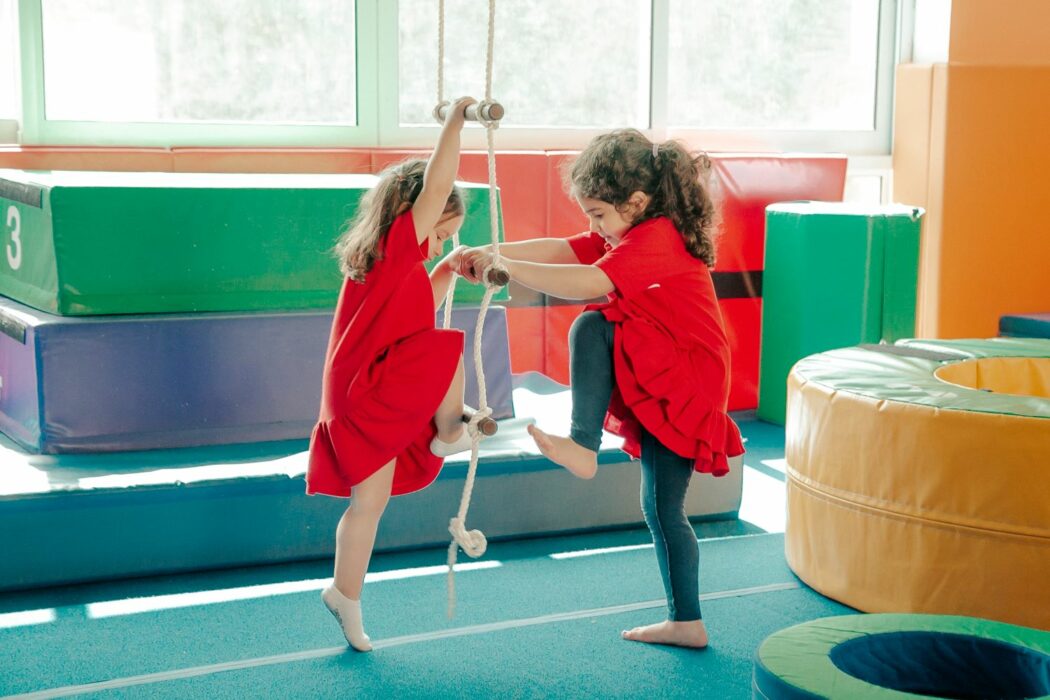
If you listen to experts anywhere these days, you will no doubt hear some discussion around the fact that it is only a matter of time until robots replace humans. We are told that automation is transforming the workplace, and consequently, that the jobs and societies of the future are unlike the world we are currently familiar with.
Yet, we all know that, no matter how many robots we may inundate our world with, there are human traits that simply cannot be replicated by artificial intelligence. These traits are the ones that humanity inherently depends on: creativity, love and kindness.
WHAT IS PROSOCIAL BEHAVIOUR?
Collectively, these innate human senses and behaviours can be defined as prosocial behaviour. It may also be defined as the inclination to do something for someone else, to care about people’s feelings and to recognise one’s own impact on the planet and the creatures we share it with. Essentially prosocial behaviour can be thought of as voluntary behaviour intended to benefit another person.
In an increasingly individualistic world, nurturing prosocial behaviour in children is one of the most impactful ways educators can help the next generation connect and care for others and the environment.
Below, we discuss four reasons why Maple Bear Nursery regards teaching prosocial behaviour as a critical part of empowering children to build a better future.
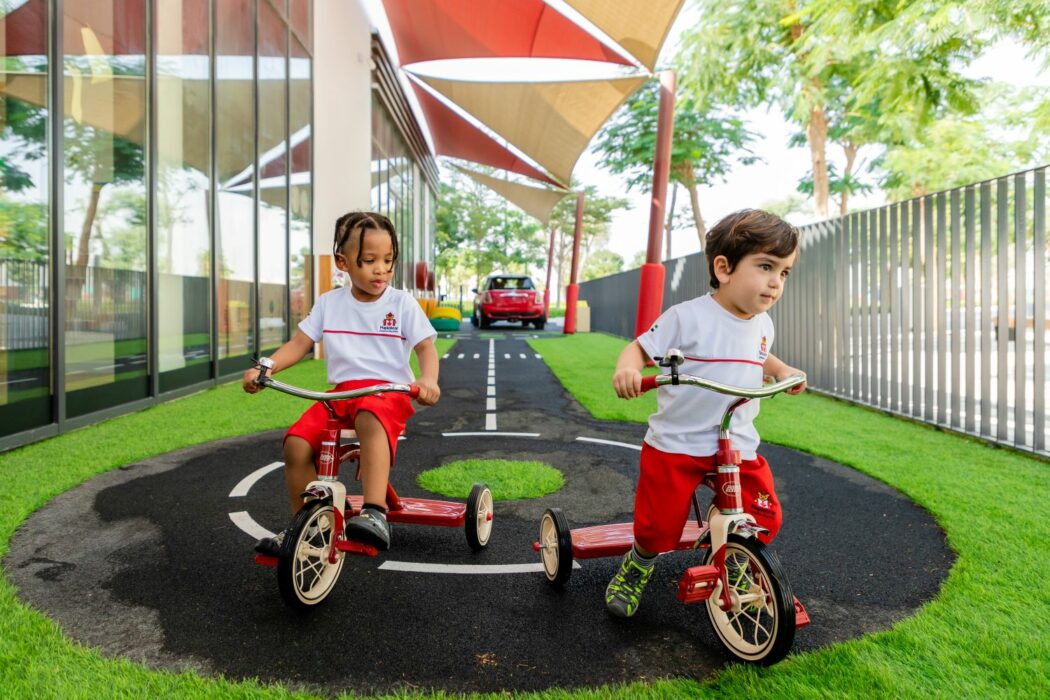
DEVELOPING EMPATHY
Encouraging prosocial behaviour helps children develop empathy. The ability to be empathetic is regarded as one of the most important 21st century skills, and for good reason, especially when we think about our children’s future and careers. Increasingly, companies look for candidates with strong empathic intuition – people who care and want to make a difference and who want to drive the corporate mission, but not without consideration of the social impact opportunity that lies therein. Teaching children prosocial behaviour gives them the tools to create a more caring and nurturing world in their careers and in their lives.
FORMING SOCIAL BONDS
Children who are taught prosocial behaviour tend to have strong bonds with their family and friends. When we do something for someone else and they help us in return, there is creation of trust and confidence. Children learn they can rely on others and that they also have something to offer. They feel valued and simultaneously know that they have the power to have impact, which ultimately supports their social development and feeling of connectedness.
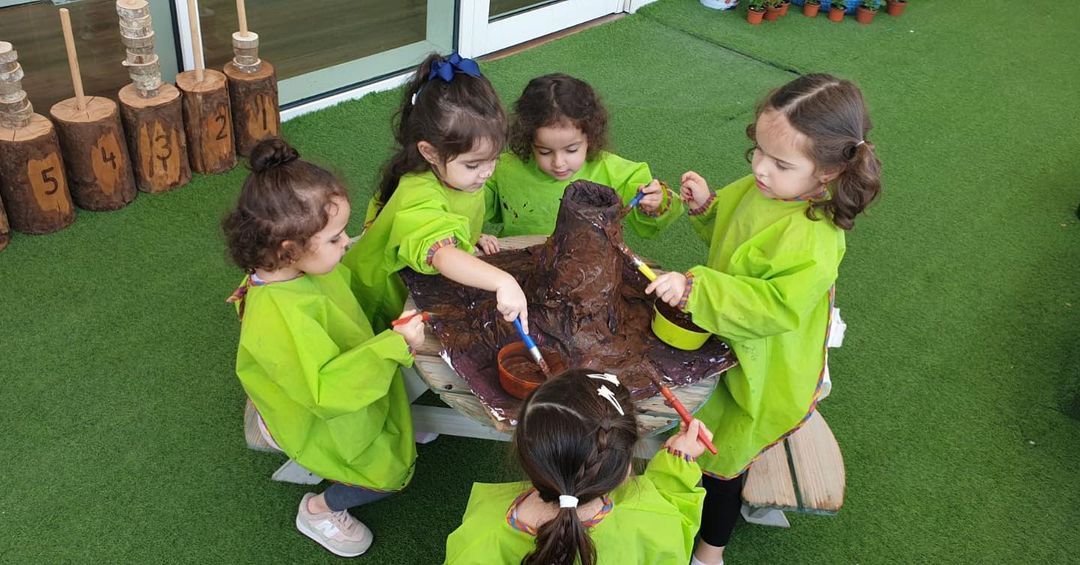
COMMUNITY
Teaching prosocial behaviour in school helps children develop a sense of community. Sharing, cooperating and considering others’ feelings is the most effective way of teaching respect and open mindedness, both of which are the underpinnings of global thinking and intercultural understanding.
HEALTHY VALUES AND PRIORITIES
Prosocial behaviour keeps us focused on what really matters. As we grow into a more digital, online world, human interaction will not become irrelevant. In fact, human connection will be vital to our wellbeing and to society as a whole. Kindness and love will always be more powerful than any technological invention and teaching our children these values is essential to their happiness in later life.
IT’S NEVER TOO EARLY TO START
What the best early childhood educators already know, and what parents should understand about teaching prosocial behaviour, is that you don’t need to wait until your toddler becomes a child to start building these skills. Actually, toddlers make amazing learners because they love to help and truly relish contributing, even to small things. Praise them, encourage their efforts and become their role model for caring about others.
Research has shown that in societies where prosocial behaviour is the norm, people are happier, healthier and collectively more innovative. When people take pride in their communities, they are driven to contribute and subsequently derive enhanced self-worth and confidence from their own contribution. It is in our best interest to find ways to deepen such a virtuous cycle, and that it is a critical piece in creating a future in which kindness and empathy are the primary characteristics of every human interaction.
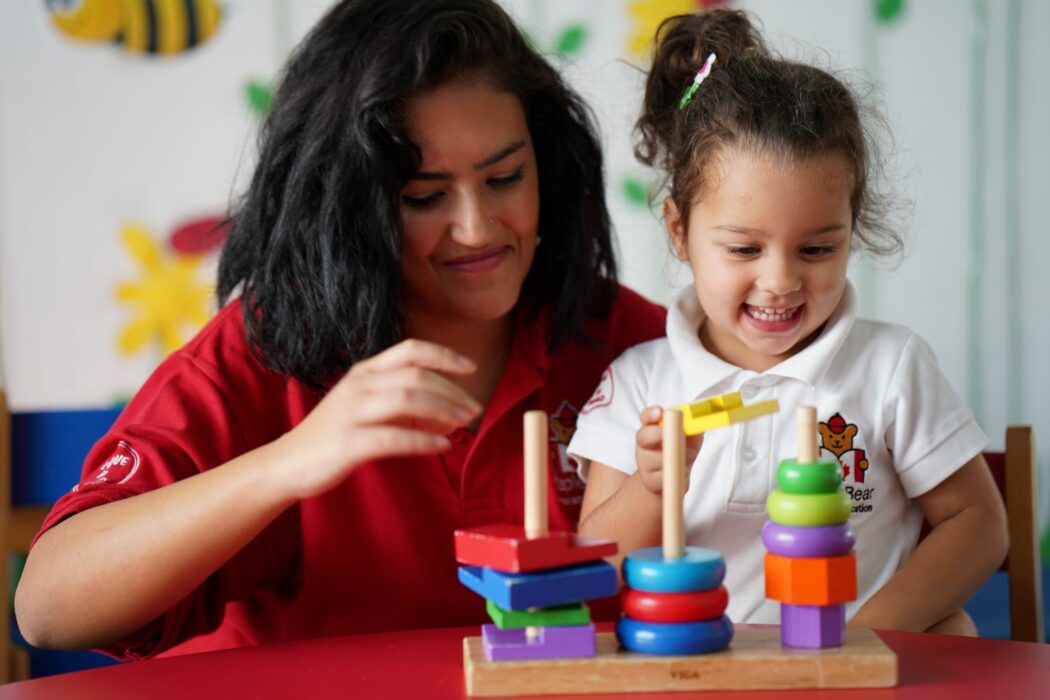
THE MAPLE BEAR CLASSROOM
The Maple Bear classroom is primed for prosocial learning to take place, being designed for collaborative learning and social exchanges with peers and educators throughout the day. Children are encouraged to experiment, discover, and share their findings and ideas, and to engage with and challenge what they learn and see. This teaches them to respect the perspectives and experiences of others, and understand how to acquire new knowledge, by building on the range of information they are exposed to.
The ecosystem of the classroom is in effect a simulation of the globalised world that they are no doubt going to encounter in their future, where they will meet, work and create new social realities and address unique challenges with people of diverse backgrounds and experiences.
Teaching prosocial behaviour and standards to children, both at home and in the classroom is an essential part of their education, and a great foundation to equip them to succeed in our future world.


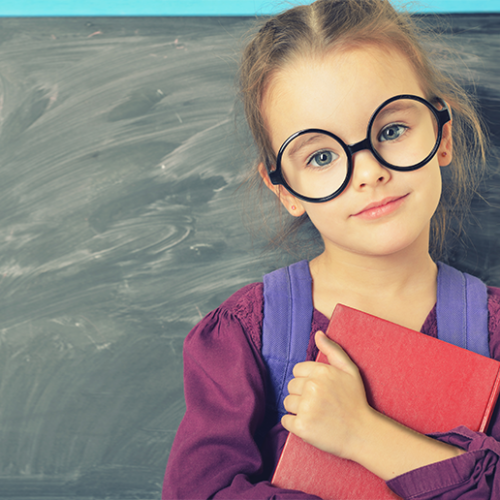
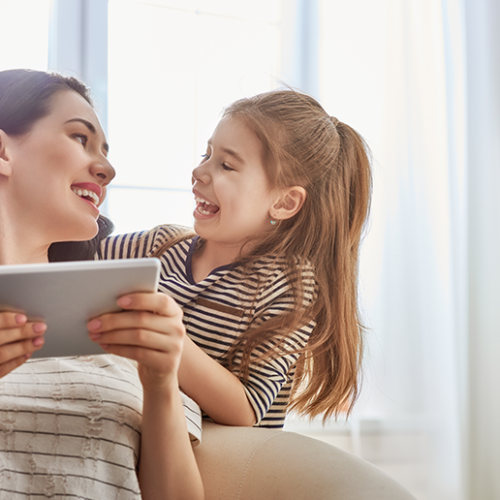
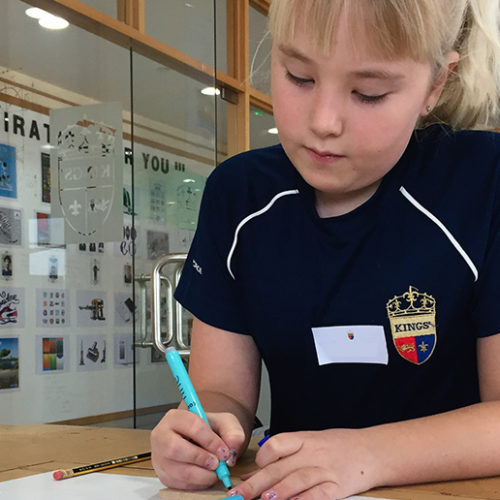







Comments